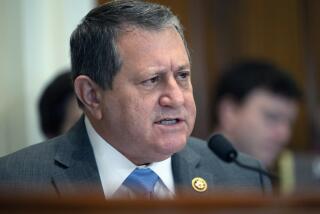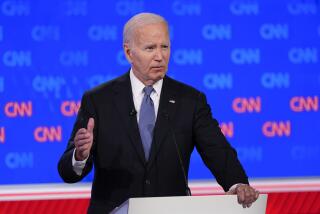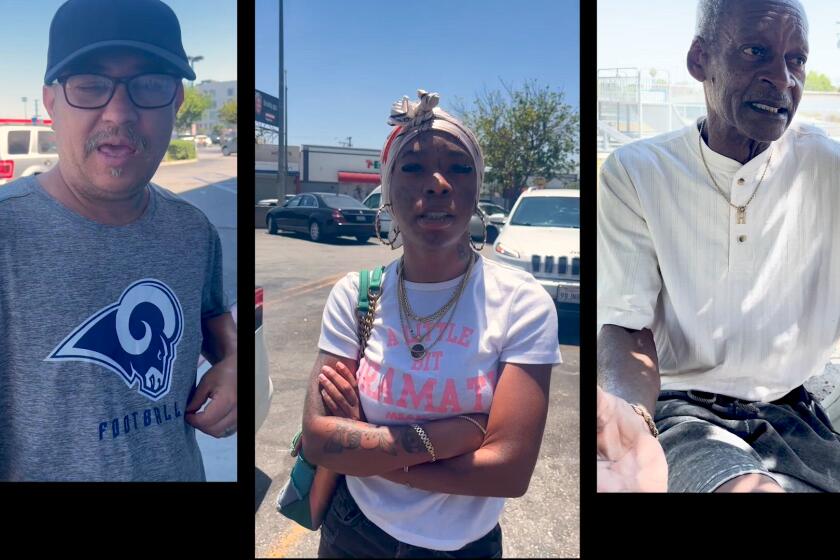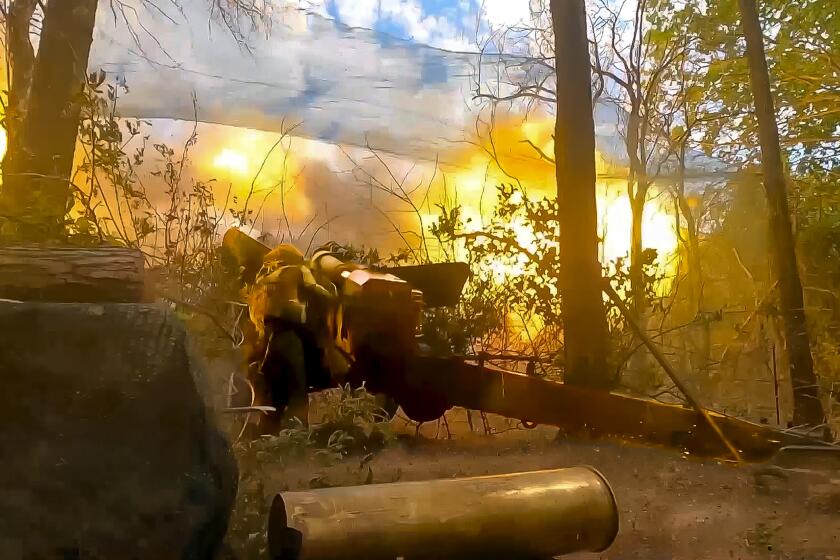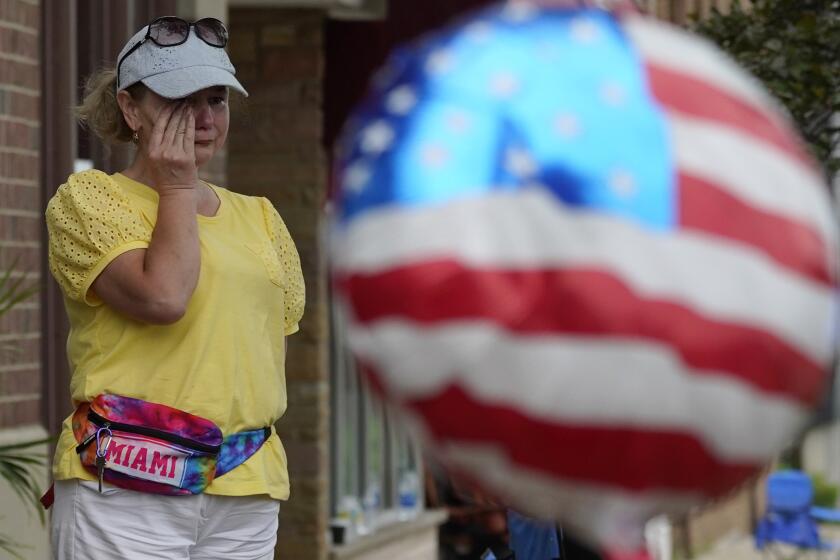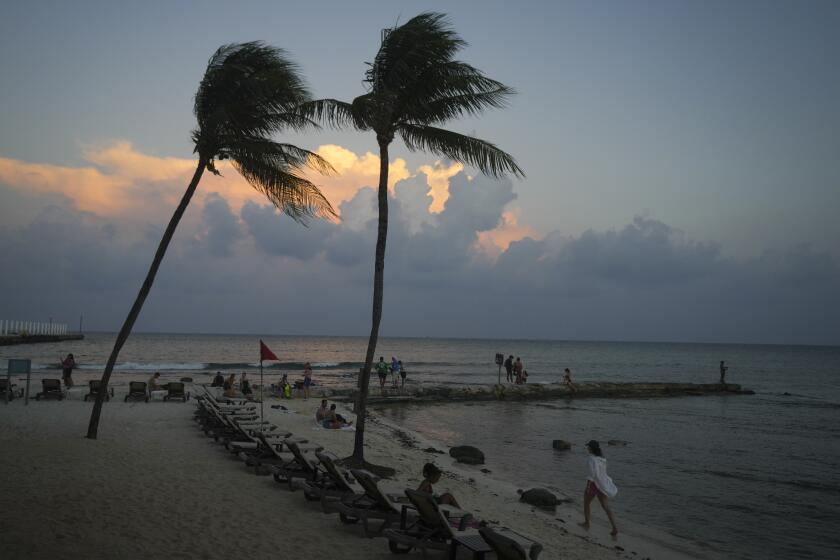India’s Cities Flex Muscle by Changing Names
You say Bombay and I say Mumbai. You say Calcutta and I say Kolkata.
The old song about pronunciation -- “Po-tay-to, po-tah-to; to-may-to, to-mah-to” -- could be the refrain of most Indians, as well as people from other former colonial territories who are bent on dropping the Westernized versions of city names.
In 1995, the city council of Bombay renamed India’s largest city Mumbai, after the Hindu goddess Mumbadevi. Nine years on, the financial and entertainment hub is still more commonly known as Bombay, although most of the world officially accepts Mumbai.
Bombay’s re-christening triggered the renaming of several Indian cities in a show of muscle-flexing by municipal officials.
Madras in southern India, which gave its name to a cloth print popular in the 1960s -- became Chennai, a shortened version of the name of an Indian who once owned the land on which the city grew. The eastern city of Calcutta -- infamous in British history for the brutal imprisoning of colonials in the “Black Hole of Calcutta” -- is now Kolkata.
This renaming can create peculiar problems.
Tour operator Hameed Shahul, for instance, notes that since the southern state of Kerala renamed the old city of Calicut six years ago, some tourists have insisted that they want to visit both Calicut and Kozhikode -- which is the city’s new name.
“I have to convince tourists that both cities are the same,” Shahul said.
Adding to the confusion, many top institutions have stuck with the old names. It’s still Bombay High Court, Madras High Court, Calcutta High Court and Cochin High Court because altering these would require an act of India’s Parliament.
The Bombay Stock Exchange, Bombay Gymkhana club and the University of Madras also kept their names, for tradition’s sake. When the Kerala city of Cochin was renamed Kochi, administrators at the Cochin University of Science and Technology kept the old name because they feared that the school could be confused with Japan’s Kochi University.
“Some people argue that by changing names, India is becoming more patriotic,” said K.V. Kunjikrishnan, the university’s registrar. “But I strongly feel that ... it is a political smokescreen to impress people and get votes.”
Sharda Dwivedi, author of two books on Bombay, says name changes distort history. “You can’t eradicate 300 years of history,” she said. “I personally think the collective memory of people is what really matters, even in terms of heritage.”
Sometimes renaming proposals are provoked by misplaced ideas that old names are linked to British or Portuguese colonial history. A couple of years ago, downtown Bombay’s Laburnum Road was to be renamed because it had a British ring.
“Then someone said, ‘But that’s a tree, not an Englishman,’ ” Dwivedi noted, alluding to the golden-yellow-flowered, Indian native laburnum trees that line the street.
To be politically correct, some businessmen carry two sets of visiting cards, presenting one with Mumbai’s new name to government officials and the other with the older, better-known name at international seminars.
“They don’t want to upset protocol if they’re dealing with any officials,” said Gul Tekchandani, chief investment officer of Sun F & C, a Bombay-based brokerage.
India is not alone. South Africa, Bangladesh and Sri Lanka are among many countries playing the renaming game.
Pramod Navalkar, leader of the right-wing Shiv Sena party that spearheaded the change to Mumbai, says things may be getting out of hand.
“It began with cities, then roads, then intersections. Now even street corners are being renamed,” Navalkar said. “Everybody gets confused.”
He added, chuckling: “Many a time I also say Bombay.”
More to Read
Start your day right
Sign up for Essential California for news, features and recommendations from the L.A. Times and beyond in your inbox six days a week.
You may occasionally receive promotional content from the Los Angeles Times.

